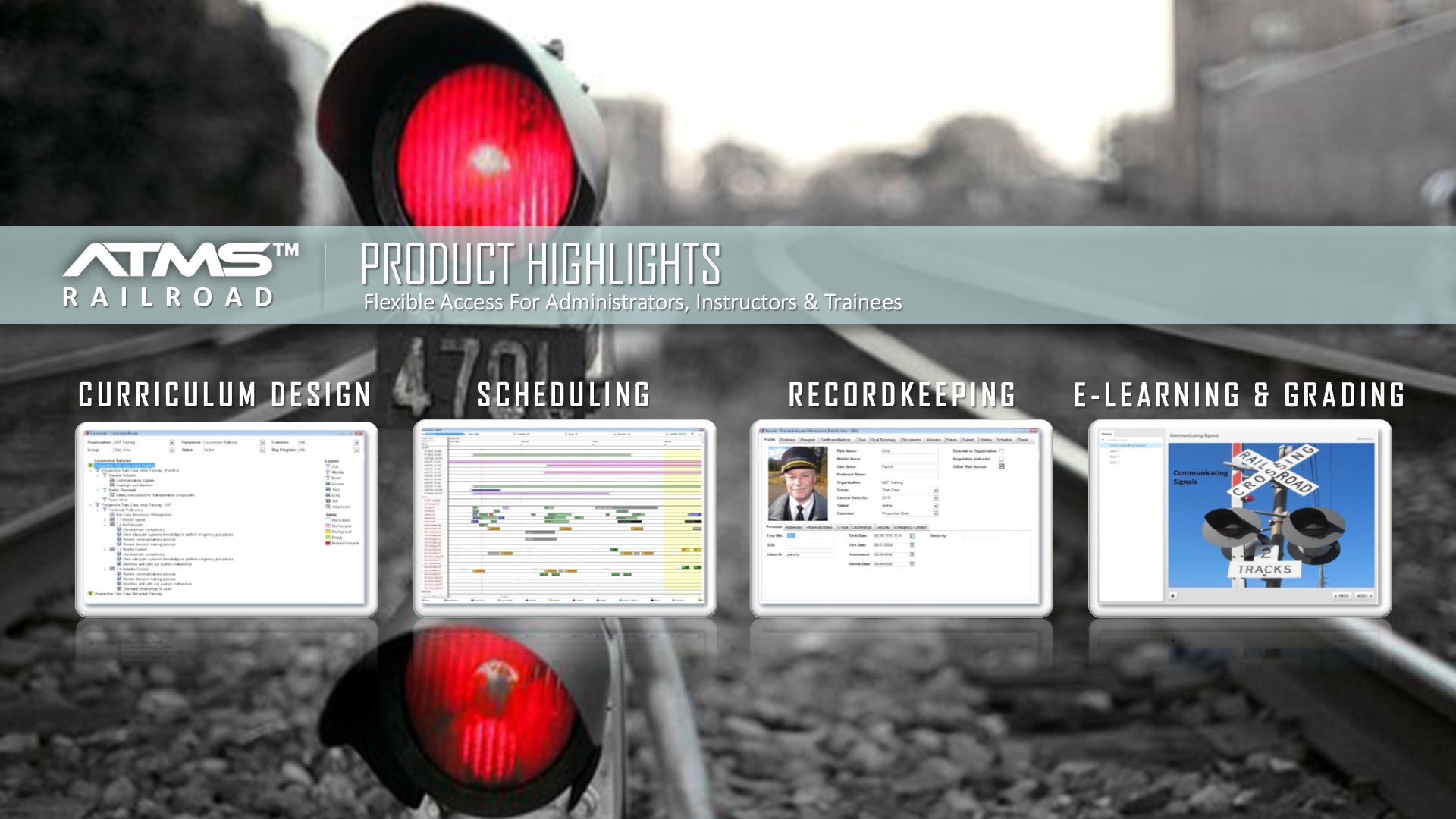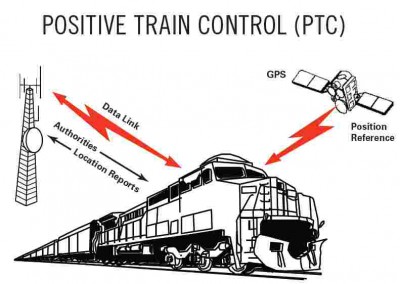The Importance of Positive Train Control Progress and Funding
New Status Update Underscores Need for Continued Positive Train Control Implementation and Funding.
Updated railroad-by-railroad and industry data on progress toward implementation released
WASHINGTON— What is the importance of positive train control progress and funding? A status update released today by the Federal Railroad Administration (FRA) underscores the need for railroads to implement Positive Train Control (PTC) as quickly and safely as possible. The update also highlights the Administration’s repeated calls for Congress to provide more significant funding to assist commuter railroads in implementing PTC. “Positive Train Control should be installed as quickly as possible,” said U.S. Transportation Secretary Anthony Foxx. “This is lifesaving technology available now, and railroads should continue to aggressively work to beat the deadlines Congress has put in place.”
PTC prevents certain train-to-train collisions, over-speed derailments, incursions into established work zone limits and trains going to the wrong tracks because a switch was left in the wrong position.
Today’s status update includes railroad-by-railroad quarterly data as of June 30, 2016, on track segments completed, employees trained, radio towers installed, route miles in PTC operation and other key implementation data. Some of this information is also displayed in infographics below. In March, FRA announced that it intended to require railroads to submit quarterly reports to FRA on their progress toward completing PTC implementation.
In 2008, Congress mandated PTC implementation on certain railroad main lines where railroads transport poisonous-by-inhalation hazardous or toxic-by-inhalation hazardous materials or any line where a railroad provides regularly scheduled passenger service. Last October, Congress extended the original deadline from December 31, 2015 to at least December 31, 2018.
“The official deadline for Positive Train Control may be years away, but the urgency for railroads to activate it is now. Every day that passes without PTC, we risk adding another preventable accident to a list that is already too long,” said FRA Administrator Sarah E. Feinberg. “FRA will continue to push railroads to stay focused on implementation and urge Congress to fund this life-saving technology.”
Earlier this week, FRA awarded nearly $25 million in grants to help railroads complete full PTC implementation. Many of the awards will help railroads achieve interoperability among the different PTC systems that railroads are deploying. This follows DOT’s announcement in July that commuter railroads and states can apply for approximately $199 million in PTC grants.
President Obama has consistently made funding and assistance for commuter railroads to implement PTC a priority. In his Fiscal Year (FY) 2017 budget request, the President requested $1.25 billion. This follows requests of $825 million in both FY 2015 and FY 2016.
Since 2008, FRA has provided significant assistance to support railroads’ PTC implementation. Those efforts include:
- Approving more than $650 million in grants to passenger railroads, including nearly $400 million in American Recovery and Reinvestment Act of 2009 funding;
- Issuing a nearly $1 billion loan to the New York Metropolitan Transportation Authority to implement PTC on the Long Island Rail Road and Metro-North Railroad;
- Building a PTC testbed at the Transportation Technology Center in Pueblo, Colorado;
- Working directly with the Federal Communications Commission and the Advisory Council on Historic Preservation to resolve issues related to spectrum use and improve the approval process for PTC communication towers; and
- Dedicating staff to work on PTC implementation, including establishing a PTC task force.
Source: Federal Rail Administration (FRA) 23-16
Wednesday, August 17, 2016
Contact: FRA Public Affairs
Tel.: (202) 493-6024
Railroad Safety & Training Program for Improved
Efficiency, Safety and Compliance















